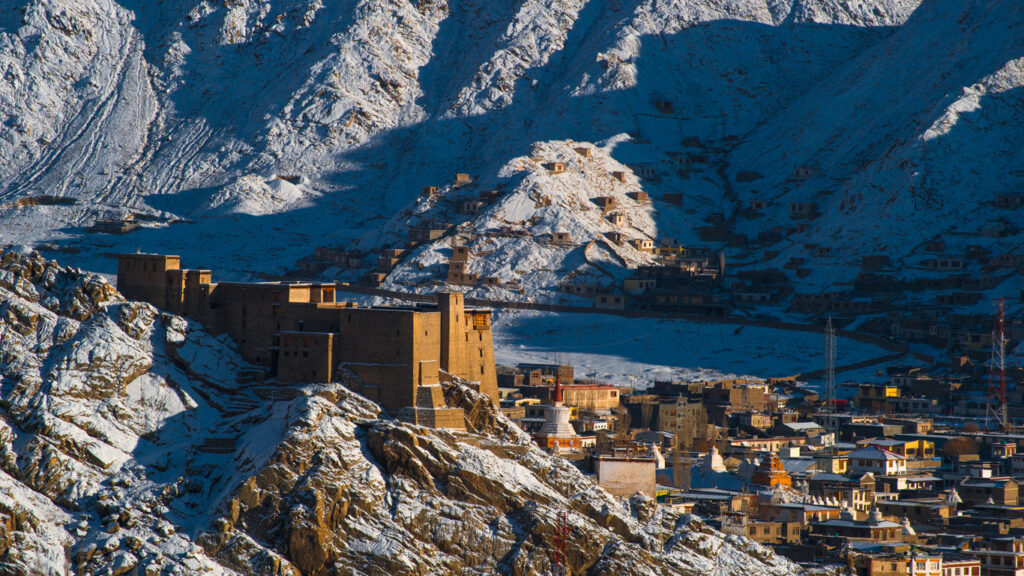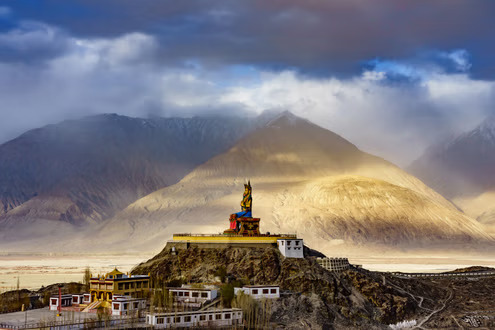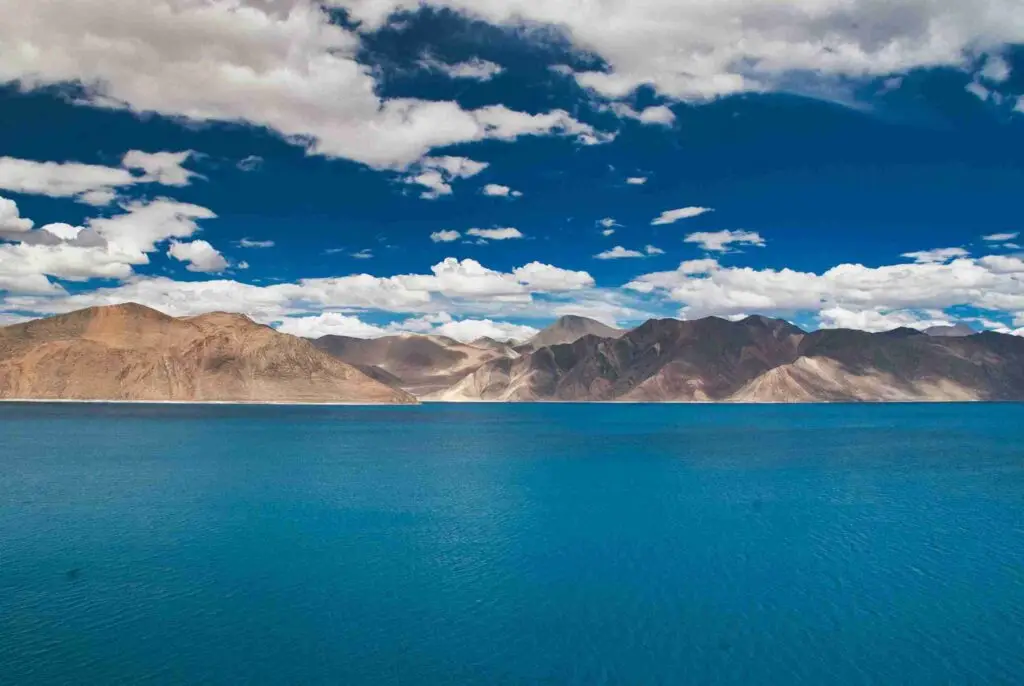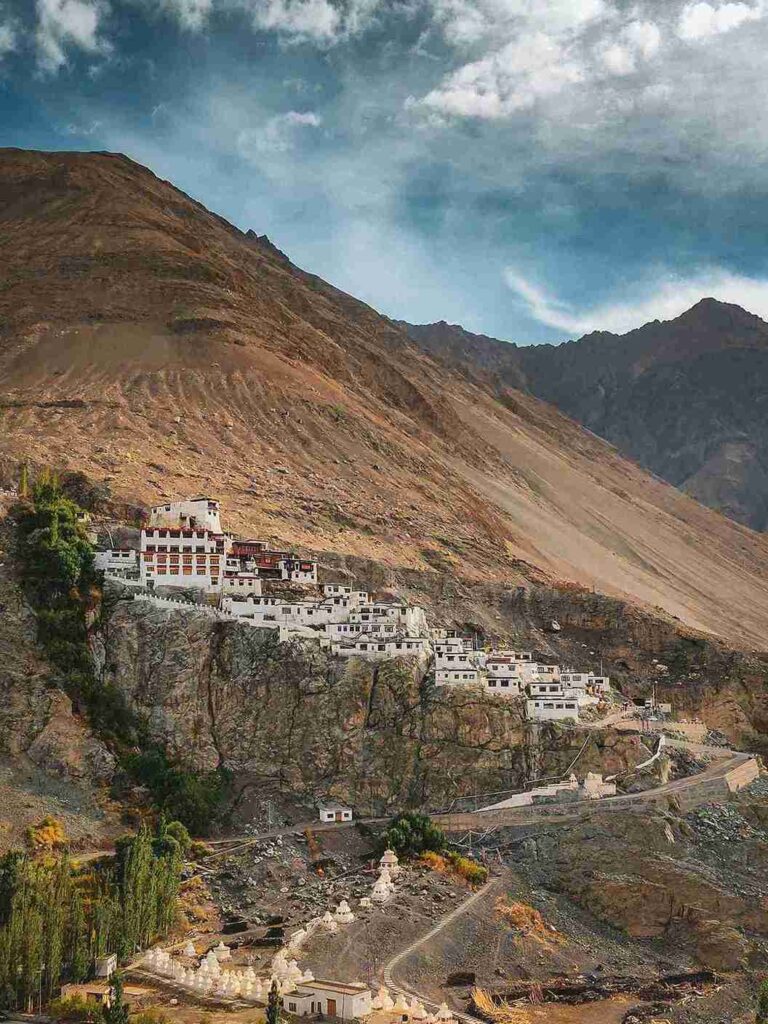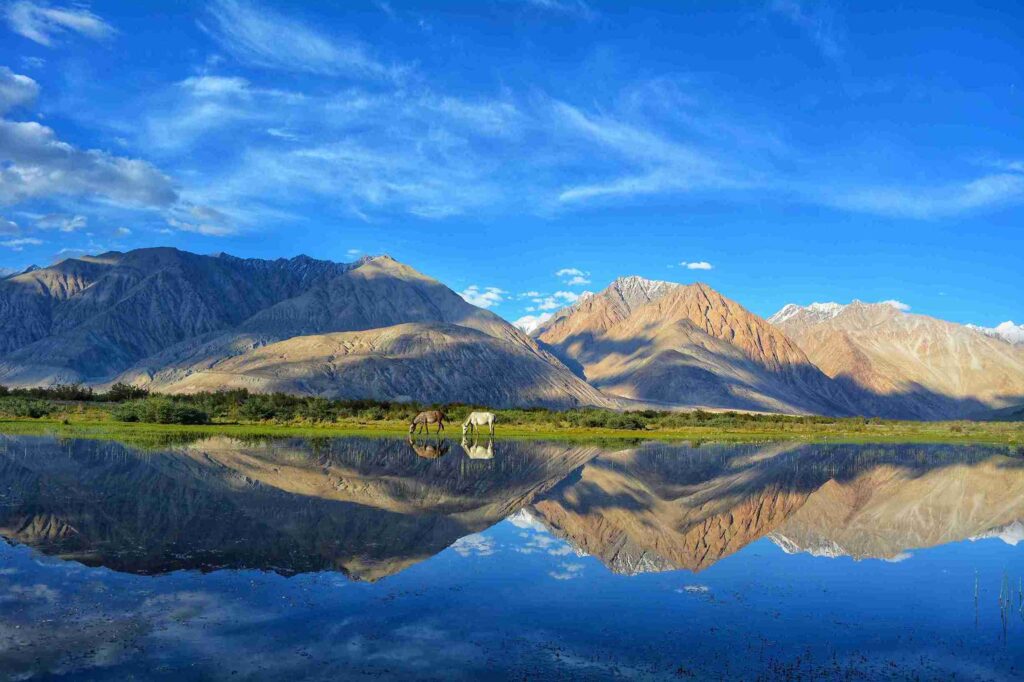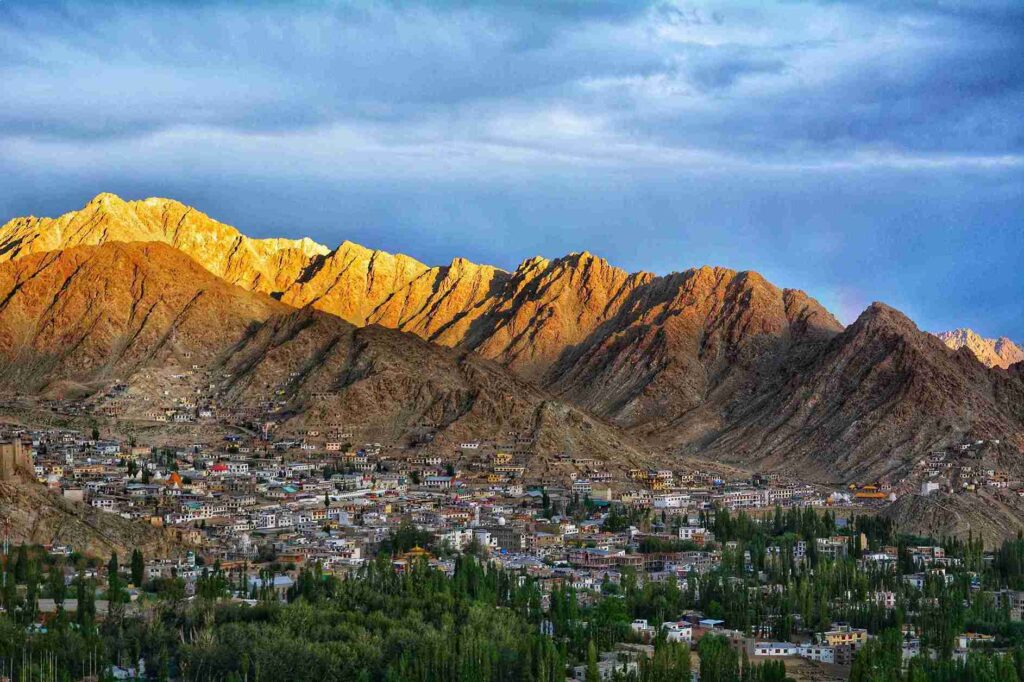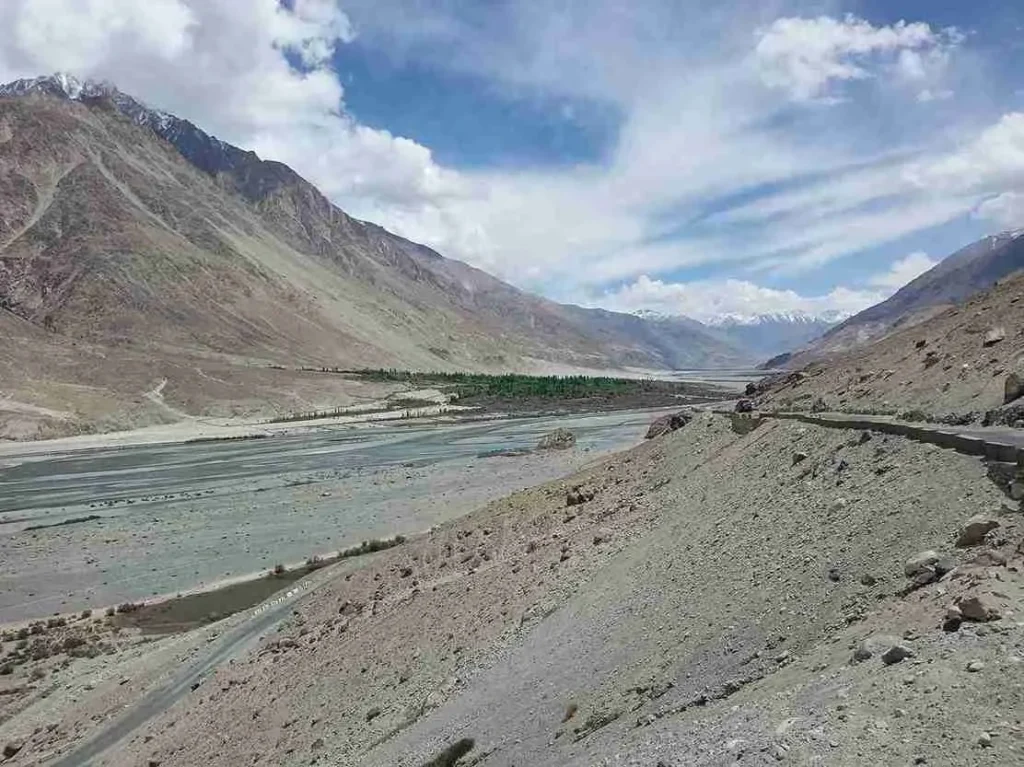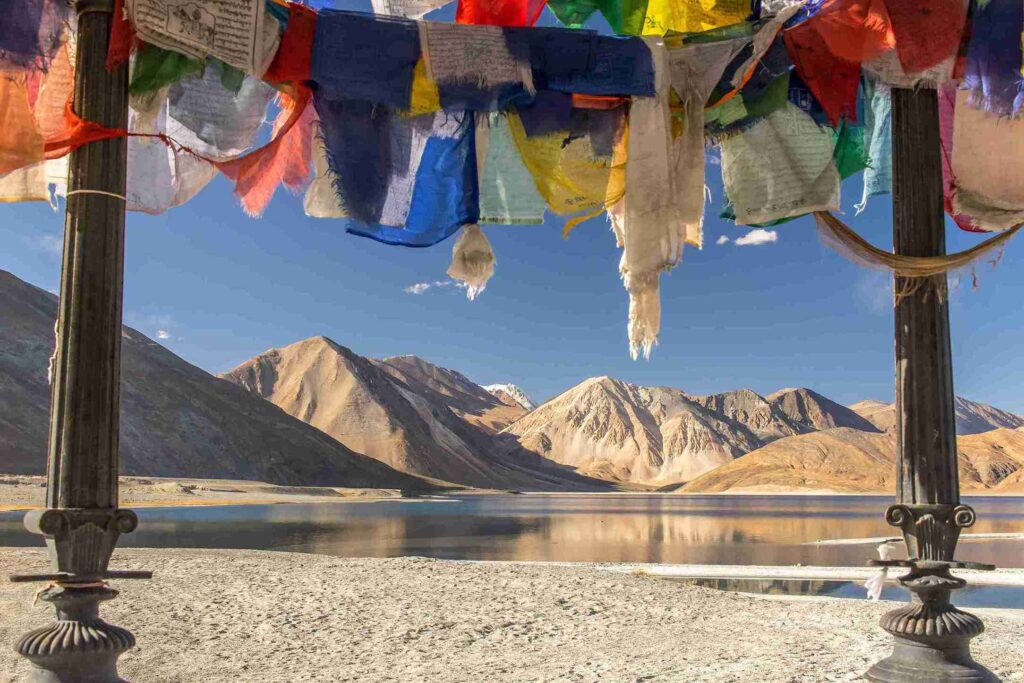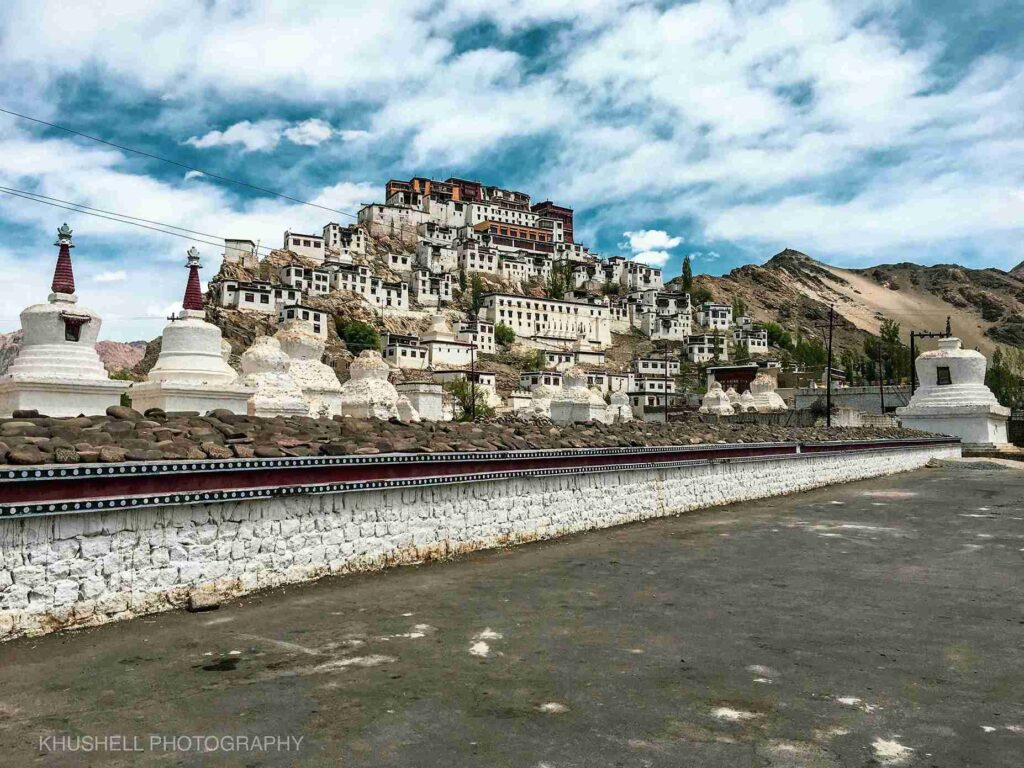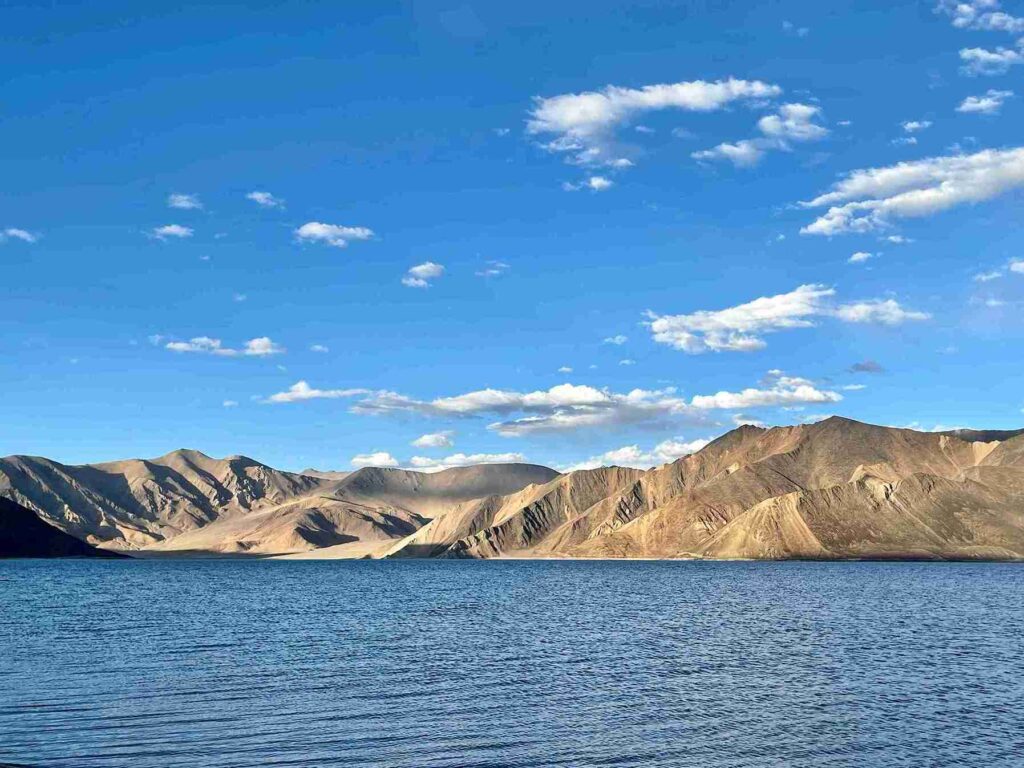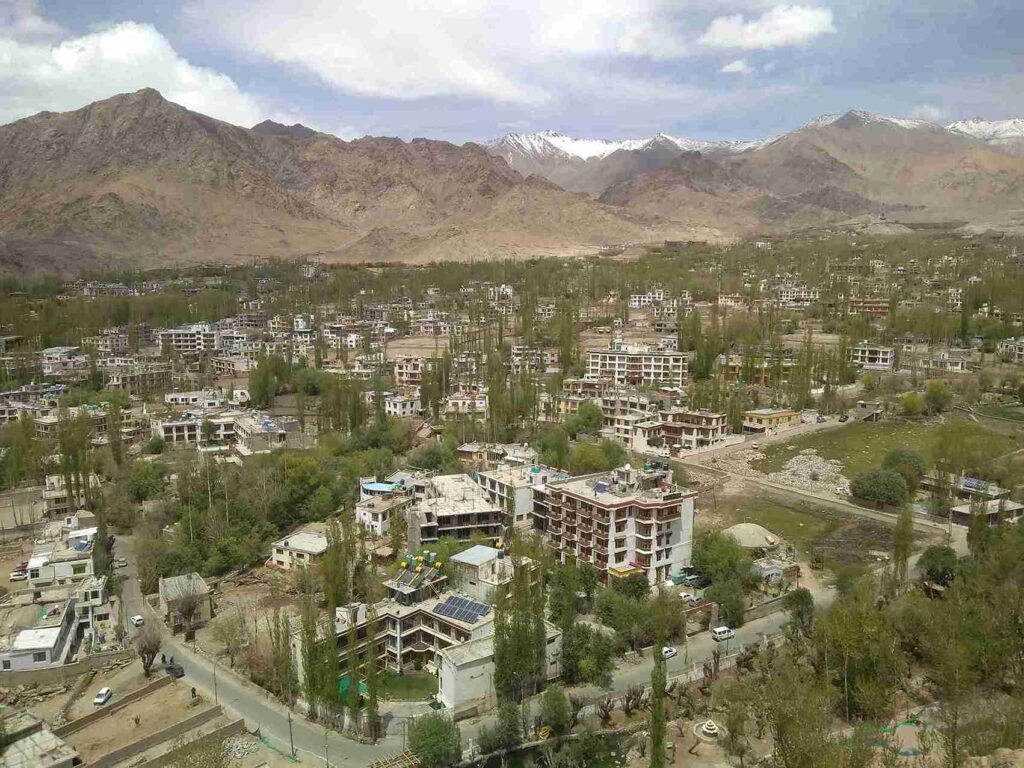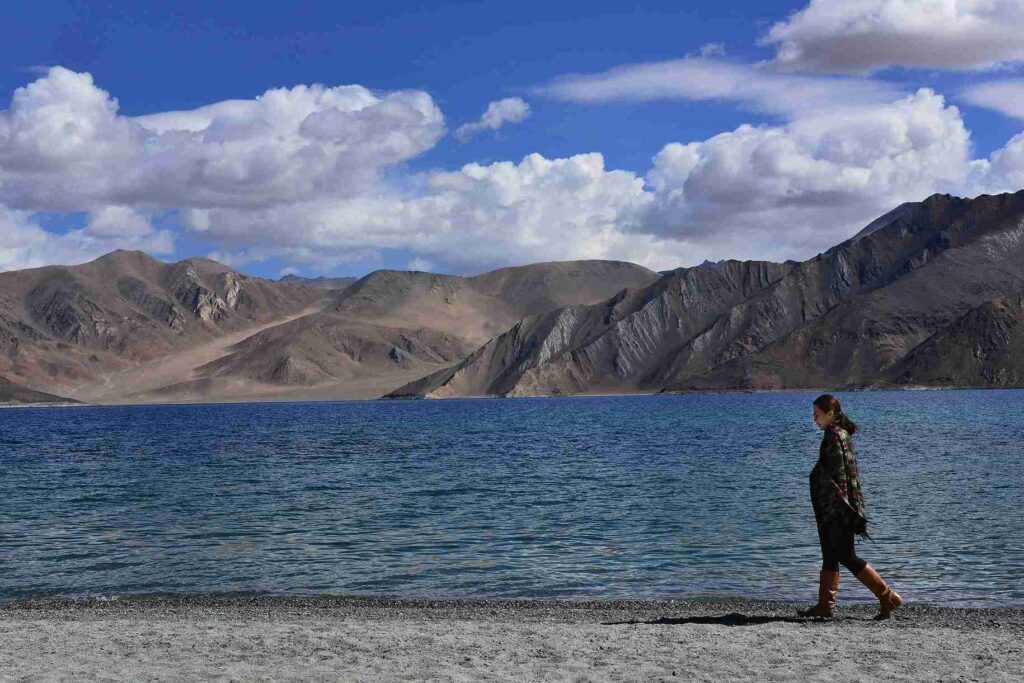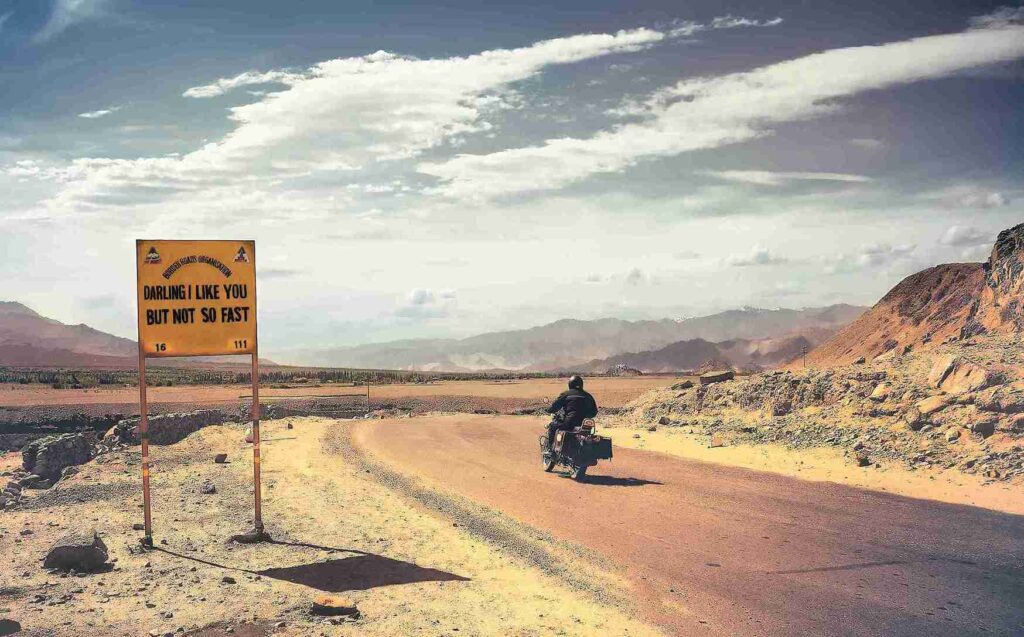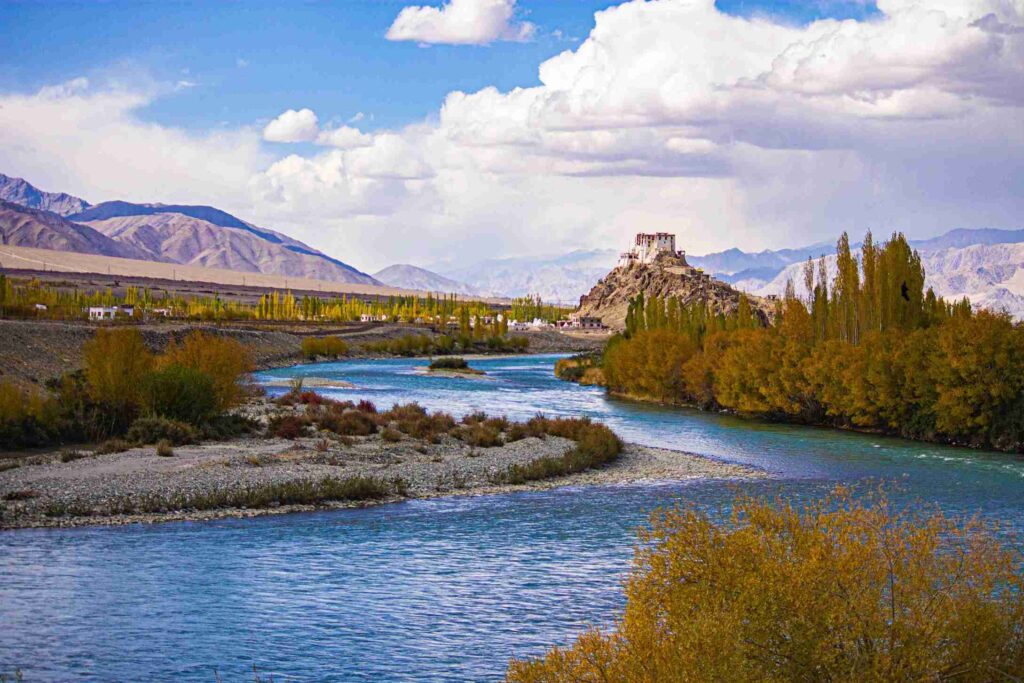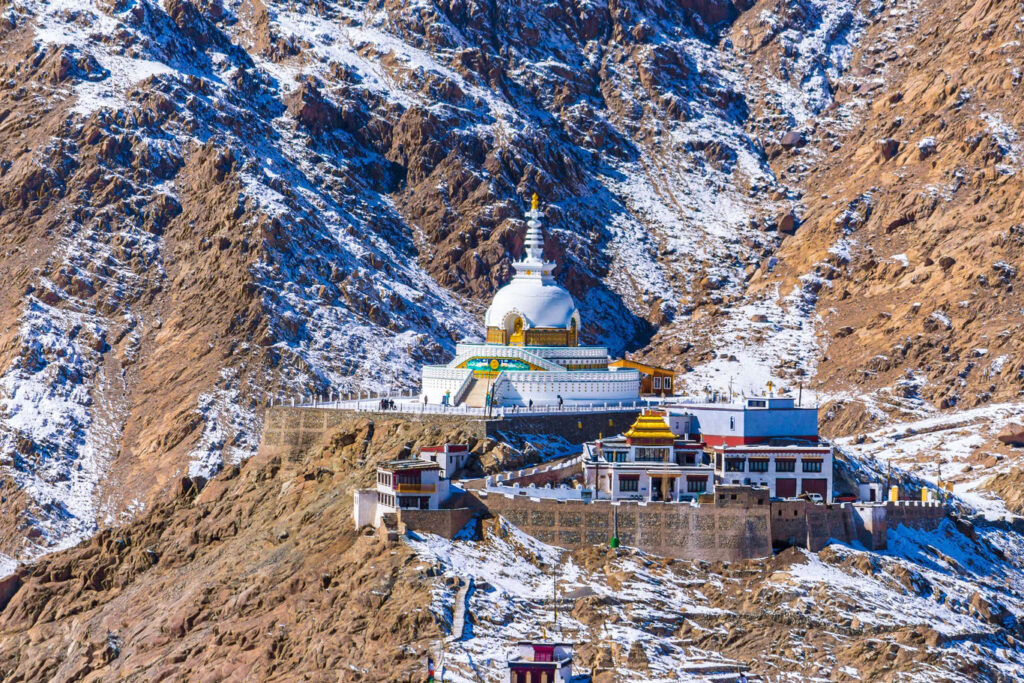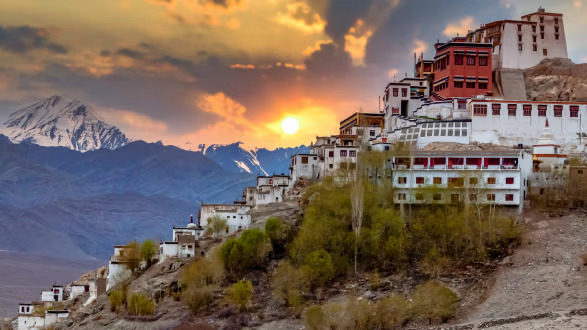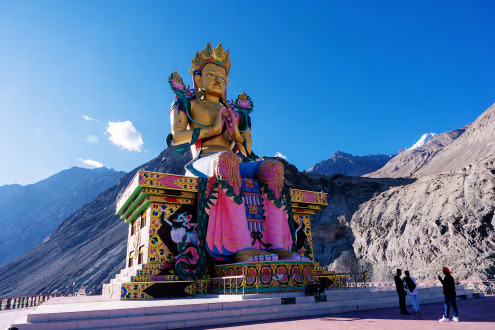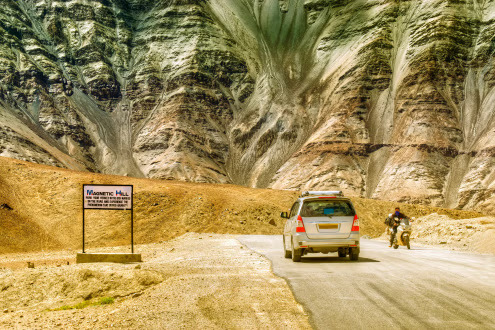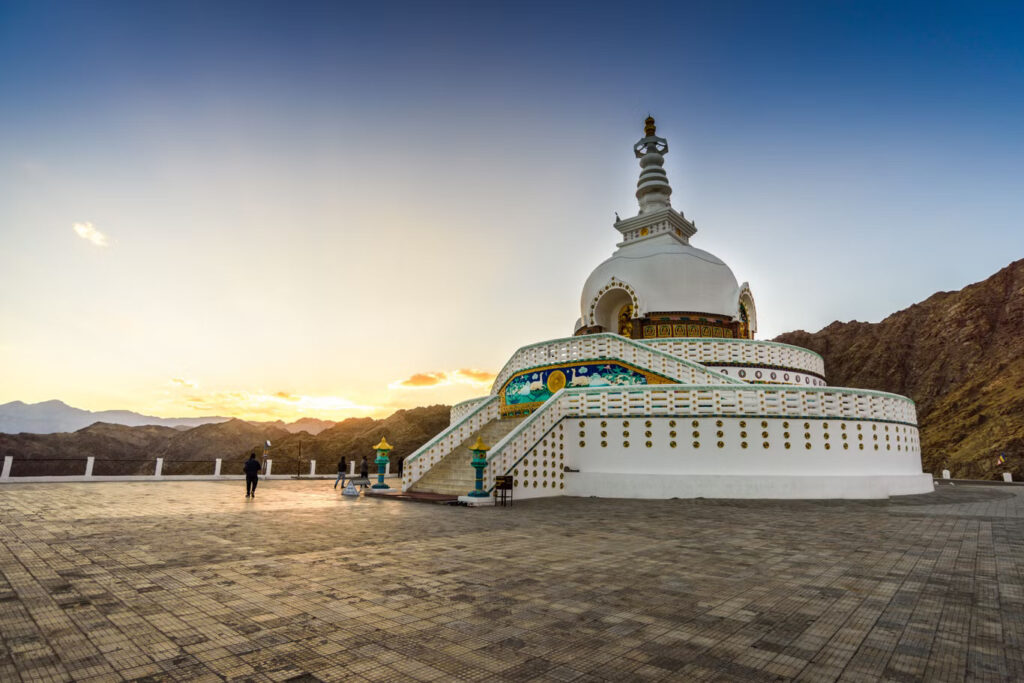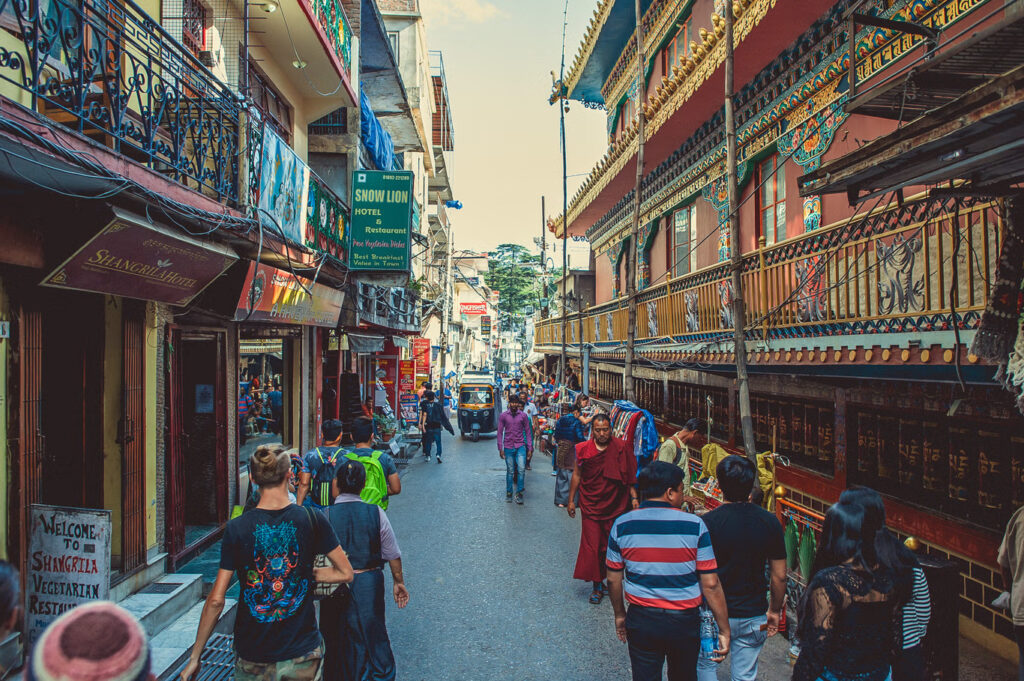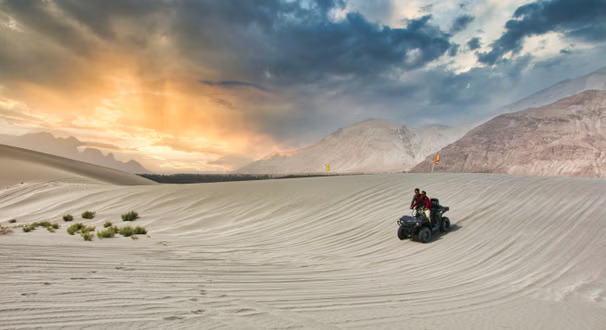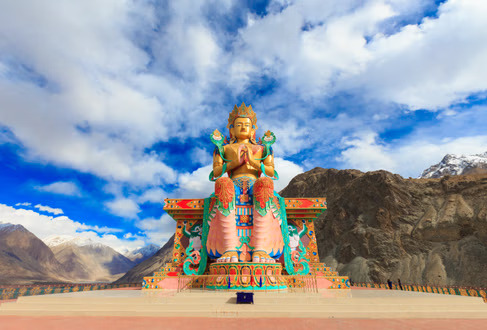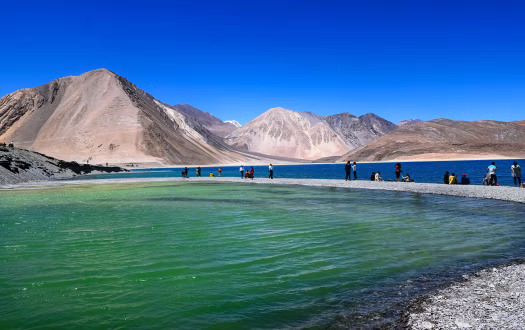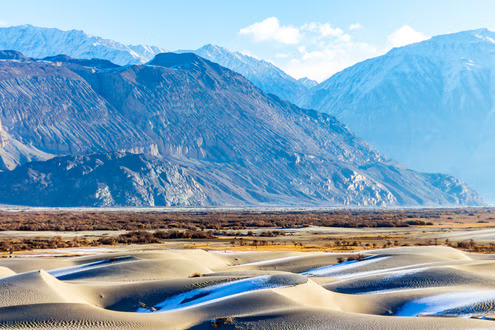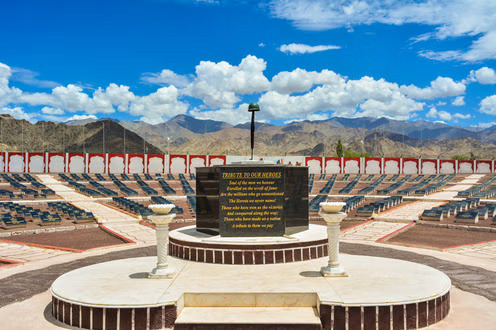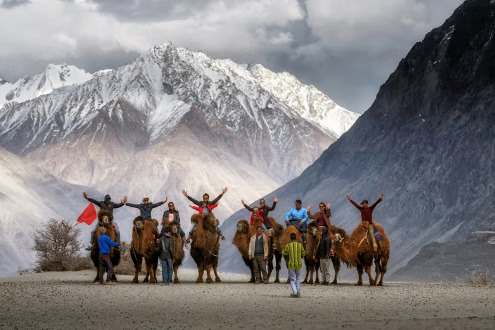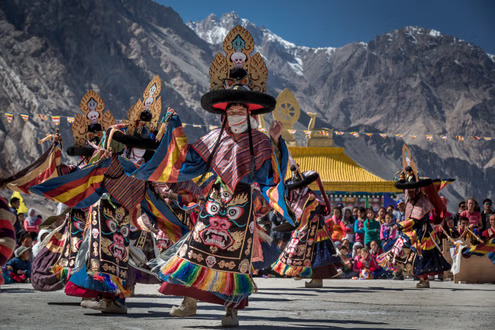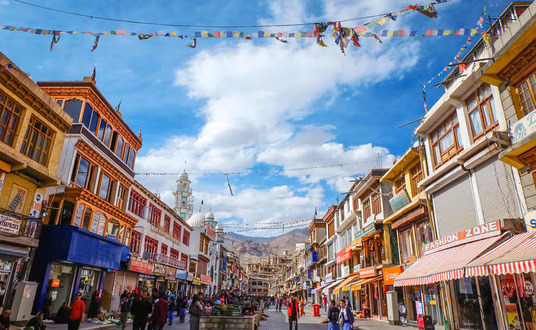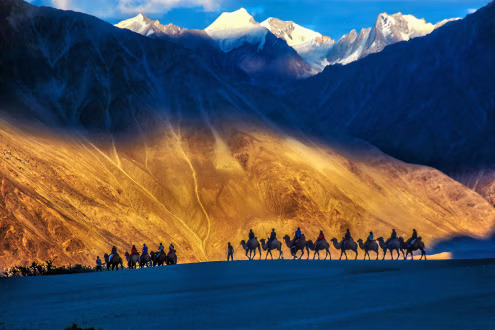Adventure
Adventure traveling is a style of tourism that involves exploring remote or exotic locations with an emphasis on experiencing physical activities, cultural interactions, and natural environments. It goes beyond traditional sightseeing and often involves activities that are challenging, exciting, and adrenaline-inducing. Here are some key aspects of adventure traveling:
1. **Activities and Experiences**:
– **Outdoor Adventures**: Activities such as hiking, trekking, rock climbing, mountaineering, skiing, snowboarding, surfing, kayaking, white-water rafting, and zip-lining.
– **Extreme Sports**: Activities that involve higher risks and adrenaline rushes, such as skydiving, bungee jumping, paragliding, and base jumping.
2. **Destinations**:
– **Remote and Untouched Locations**: Adventure travelers often seek out destinations that are off the beaten path, away from tourist crowds, and rich in natural beauty or cultural significance.
– **Natural Environments**: Mountains, deserts, jungles, oceans, and polar regions are popular settings for adventure travel.
3. **Purpose and Motivation**:
– **Challenge and Thrill**: Seeking physical challenges and pushing personal limits in demanding environments.
– **Cultural Immersion**: Interacting with local communities, learning about indigenous cultures, and experiencing traditional lifestyles.
4. **Types of Adventure Travel**:
– **Solo Expeditions**: Individuals traveling alone, seeking personal growth and self-discovery through challenging experiences.
– **Group Tours**: Organized tours led by experienced guides, providing safety, logistical support, and the opportunity to share experiences with like-minded travelers.
5. **Preparation and Skills**:
– **Physical Fitness**: Many adventure activities require a good level of physical fitness and endurance.
– **Technical Skills**: Some activities, like climbing or diving, may require specific technical skills or certifications.
– **Gear and Equipment**: Proper gear and equipment are essential for safety and comfort in challenging environments.
6. **Environmental and Cultural Responsibility**:
– **Respect for Nature**: Adventure travelers often prioritize sustainable practices, minimizing their environmental impact and supporting conservation efforts.
– **Cultural Sensitivity**: Respecting local customs, traditions, and beliefs while interacting with indigenous communities.
7. **Personal Growth and Reflection**:
– **Self-Discovery**: Facing challenges, overcoming fears, and gaining confidence through adventurous experiences.
– **Reflection**: Adventure travelers often reflect on their journeys, gaining new perspectives on themselves and the world around them.
Adventure traveling appeals to individuals who seek excitement, personal growth, and a deeper connection with nature and diverse cultures. It offers a blend of physical activity, cultural exploration, and memorable experiences that often leave a lasting impact on participants’ lives.

